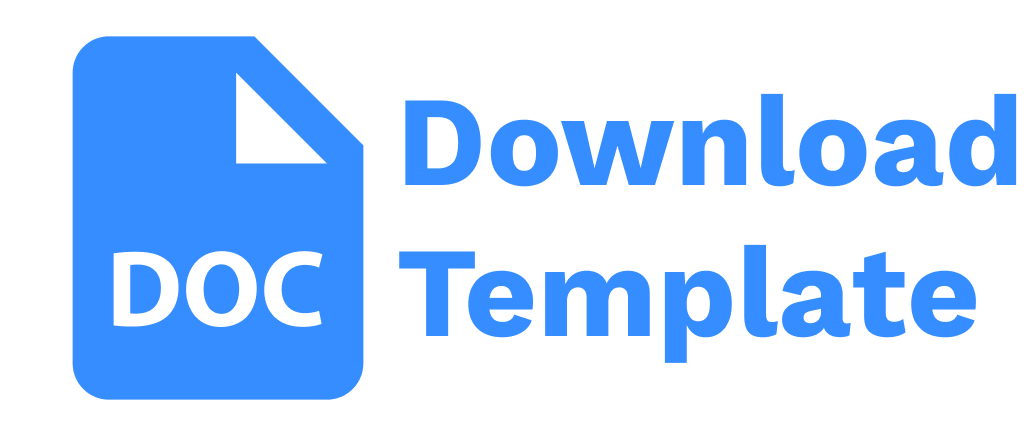The Attitude of Islamic Religious Education Teachers Against the Implementation of Inclusive Education at the Elementary School Level
Sikap Guru Pendidikan Agama Islam Terhadap Penyelenggaraan Pendidikan Inklusif Di Jenjang Sekolah Dasar
DOI:
https://doi.org/10.21070/madrosatuna.v4i2.795Keywords:
Attitude, Teachers, Islamic Religious Education, Inclusive EducationAbstract
This study aims to determine the attitude of Islamic Religious Education teachers in elementary schools towards the implementation of inclusive education. The study used a non-experimental quantitative approach with a survey method. Subjects or informants in this study were teachers of Islamic Education who were scattered from 16 elementary schools in South Kalimantan. Data collection was carried out using questionnaires and interviews. Data were analyzed using descriptive statistics using percentages; teacher attitudes were assessed based on five criteria, namely excellent, good, sufficient, lacking, and very poor. These criteria adjust to the percentage range obtained. The results showed that the percentage of Islamic education teachers' attitudes towards the implementation of inclusive education in South Kalimantan was 67.18%, which was categorized as quite good. Several variables affect teacher attitudes in terms of gender, recent education, experience in training.
References
AlMahdi, O., & Bukamal, H. (2019). Pre-Service Teachers’ Attitudes Toward Inclusive Education During Their Studies in Bahrain Teachers College. SAGE Open, 9(3), 215824401986577. doi:10.1177/2158244019865772
Alquraini, T. A. (2012). Factors related to teachers’ attitudes towards the inclusive education of students with severe intellectual disabilities in Riyadh, Saudi. Journal of Research in Special Educational Needs, 12(3), 170–182. doi:10.1111/j.1471-3802.2012.01248.x
Daimah. (2018). Pendidikan Inklusif Perspektif QS. Al-Hujurat Ayat 10-13 Sebagai Solusi Eksklusifisme Ajaran di Sekolah. Jurnal Al-Thariqah Vol. 3, No. 1, Januari - Juni 2018
De Boer, A., Pijl, S. J., & Minnaert, A. (2012). Students’ Attitudes towards Peers with Disabilities: A review of the literature. International Journal of Disability, Development and Education, 59(4), 379–392. doi:10.1080/1034912x.2012.723944
Ehsaan, Fazaila & Khan, Muhammad & Gulzar, Sakina. (2018). Factors Influencing The Teacher’s Attitude and Concerns Towards Inclusive Education of Special Need Children.
Elisa, S & Wrastari, AT. (2013). Sikap Guru Terhadap Pendidikan Inklusi Ditinjau Dari Faktor Pembentuk Sikap. Jurnal Psikologi Perkembangan dan Pendidikan Vol. 2, No. 01, Februari 2013.
Ewing, D. L., Monsen, J. J., & Kielblock, S. (2017). Teachers’ attitudes towards inclusive education: a critical review of published questionnaires. Educational Psychology in Practice, 34(2), 150–165. doi:10.1080/02667363.2017.1417822.
Forbes, F. (2007). Towards inclusion: an Australian perspective. Support for Learning, 22(2), 66-71. doi: 10.1111/j.1467-9604.2007.00449.x
Forlin, C., Earle, C., & Sharma, U. (2011). The Sentiments, Attitudes, and Concerns about Inclusive Education Revised (SACIE-R) Scale for Measuring Pre-Service Teachers’ Perceptions about Inclusion. Exceptionality Education International 2011, Vol. 21, No. 3, pp. 50–65
Galaterou, J., & Antoniou, A.S. (2017). Teachers’ Attitudes towards Inclusive Education: The Role of Job Stressors and Demographic Parameters. International Journal Of Special Education Vol.32, No.4, 2017
Habibi, M.M. (2017). Corak Pendidikan Islam Inklusif. Jurnal eL-Tarbawi. Volume X, No.1, 2017. Doi: 10.20885/tarbawi.vol9.iss1.art3
Haq, F. S., & Mundia, L. (2012). Comparison of Brunei Preservice Student Teachers’ Attitudes to Inclusive Education and Specific Disabilities: Implications for Teacher Education. The Journal of Educational Research, 105(5), 366–374. doi:10.1080/00220671.2011.627399
Hwang, Y.-S., & Evans, D. (2011). Attitudes towards inclusion: gaps between belief and practice. International Journal of Special Education, 26(1), 136-146.
Jerlinder, K., Danermark, B., & Gill, P. (2010). Swedish primary‐school teachers’ attitudes to inclusion – the case of PE and pupils with physical disabilities. European Journal of Special Needs Education, 25(1), 45–57. doi:10.1080/08856250903450830
Khochen, M., & Radford, J. (2012). Attitudes of teachers and headteachers towards inclusion in Lebanon. International Journal of Inclusive Education, 16(2), 139–153. doi:10.1080/13603111003671665.
Koutrouba, K., Vamvakari, M., & Theodoropoulos, H. (2008). SEN students’ inclusion in Greece: factors influencing Greek teachers’ stance. European Journal of Special Needs Education, 23(4), 413–421. doi:10.1080/08856250802387422.
Kurnialoh, N. (2013). Pendidikan Agama Islam Berwawasan Inklusif-Pluralis. Insania Vol. Vol ϭ8, 16 No. ϯ,2, Mei - September Agus -us 2011 Desember 20ϭϯ.
Lifshitz, H., Glaubman, R., & Issawi, R. (2004). Attitudes towards inclusion: the case of Israeli and Palestinian regular and special education teachers. European Journal of Special Needs Education, 19(2), 171–190. doi:10.1080/08856250410001678478.
Mahat, M. (2008). The development of a psychometrically-sound instrument to measure teachers’ multidimensional attitudes toward inclusive education. International Journal of Special Education, 23 (1), 82-92
Memisevic, H., & Hodzic, S. (2011). Teachers’ attitudes towards inclusion of students with intellectual disability in Bosnia and Herzegovina. International Journal of Inclusive Education, 15(7), 699–710. doi:10.1080/13603110903184001.
Monsen, J. J., Ewing, D. L., & Kwoka, M. (2013). Teachers’ attitudes towards inclusion, perceived adequacy of support and classroom learning environment. Learning Environments Research, 17(1), 113–126. doi:10.1007/s10984-013-9144-8.
Praisner, C. L. (2003). Attitudes of Elementary School Principals toward the Inclusion of Students with Disabilities. Exceptional Children, 69(2), 135–145. doi:10.1177/001440290306900201
Rajovic, V., & Jovanovic, O. (2013). The Barriers to Inclusive Education: Mapping 10 Years of serbian Teachers' Attitudes Toward Inclusive Education. The Journal of Special Education and Rehabilitation, 14(3/4), 78-97.
Saloviita, T. (2018). Attitudes of Teachers Towards Inclusive Education in Finland. Scandinavian Journal of Educational Research, 1–13. doi:10.1080/00313831.2018.1541819
Subban, P., & Sharma, U. (2006). Primary school teachers’ perceptions of inclusive education in Victoria, Australia. International Journal of Special Education, 21 (1), 42-52.
Sukmadinata, N.S. (2010). Metode Penelitian Pendidikan. Bandung: PT. Remaja Rosdakarya.
Taylor, W.R., & Ringlaben, P.R. (2012). Impacting pre-service teachers’ attitudes toward inclusion. Higher Education Studies, 2 (3), 16-23.
Unianu, E. M. (2012). Teachers’ attitudes towards inclusive education. Procedia - Social and Behavioral Sciences, 33(0), 900-904. doi: 10.1016/j.sbspro.2012.01.25







